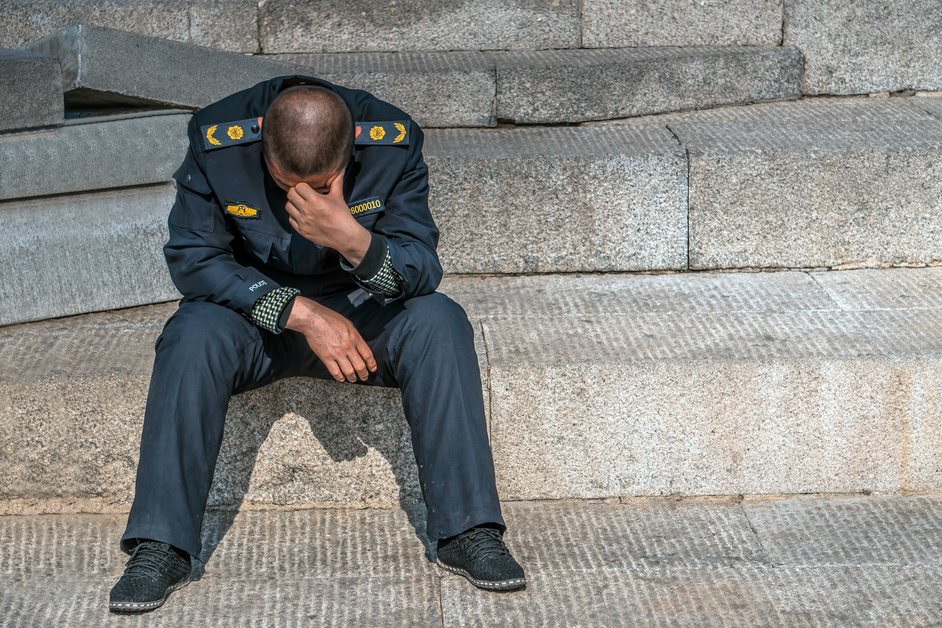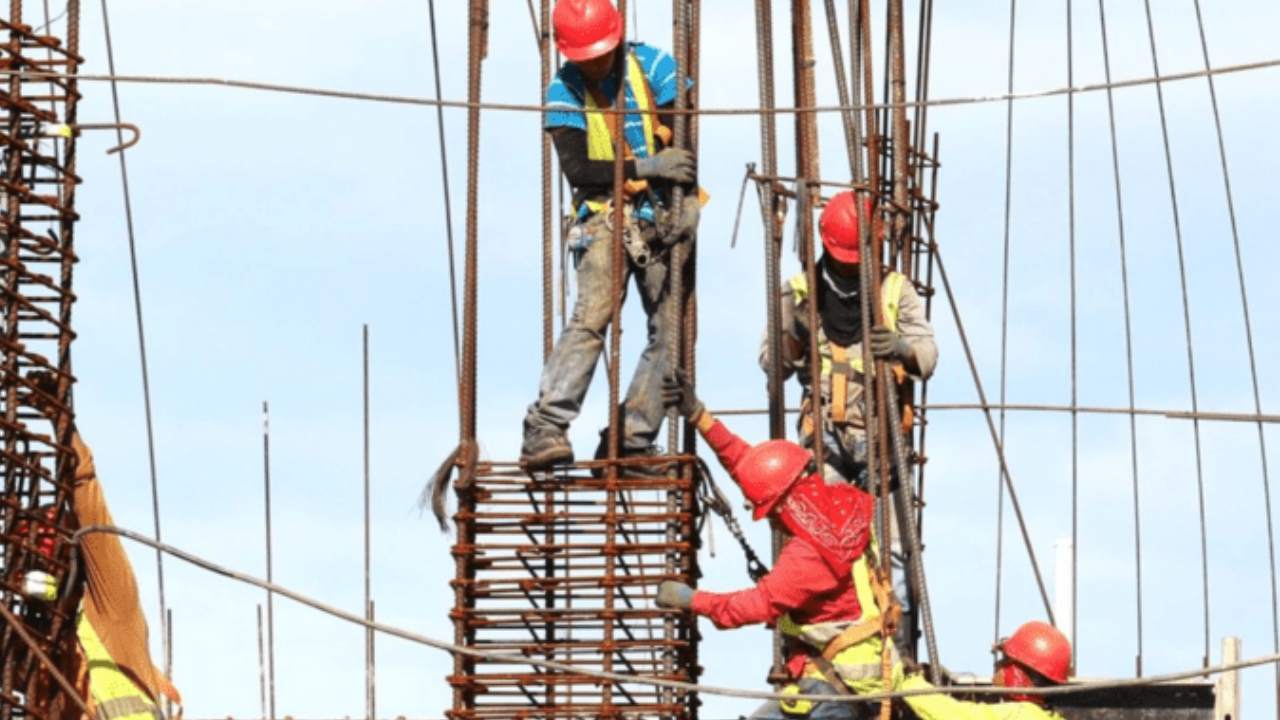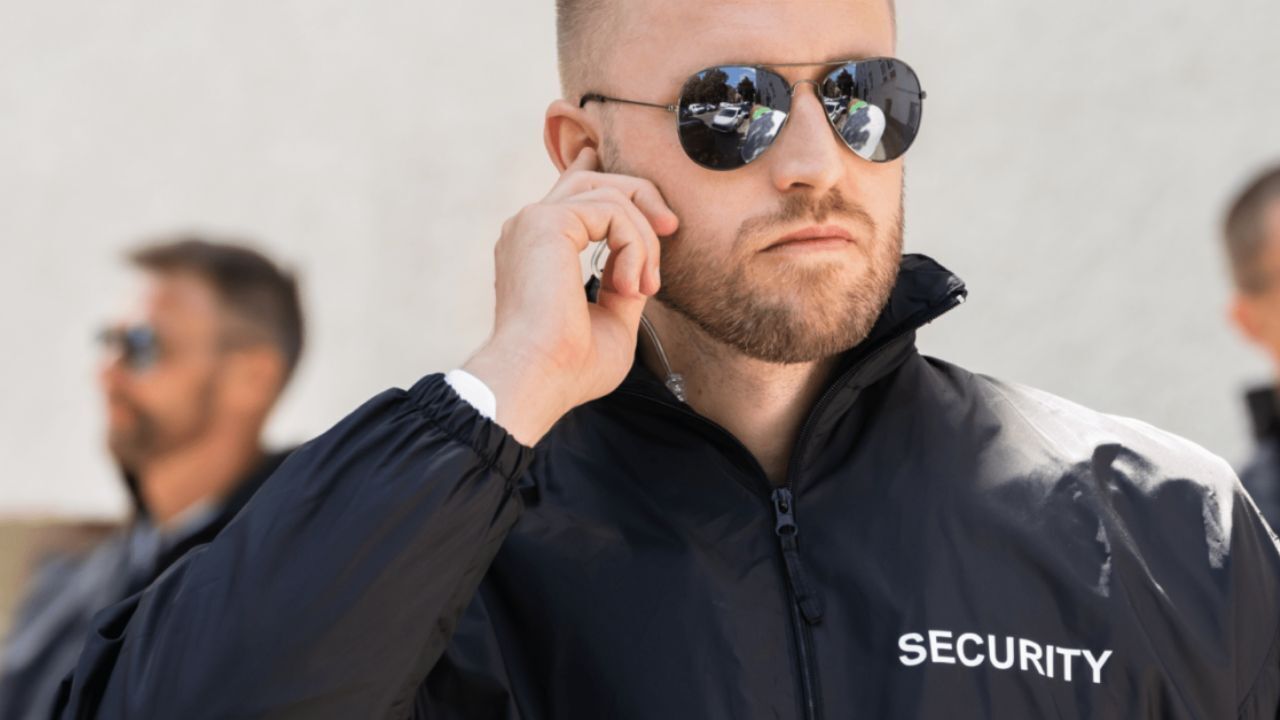The private security industry has transformed in the last 50 years from a small niche sector to a huge global industry. In the UK alone, there are more than 350,000 licensed security guards, with many others employed in jobs that don’t require a license.
Security guards play an important role in providing safety and protection in many aspects of an individual’s daily life. They patrol public streets, shopping malls, retail stores and transport hubs, police night-time and entertainment venues; guard important and sensitive infrastructure such as government buildings, courts, social security officers, airports and ports; they also transport valuables and prisoners.
Contact with the general public is a key factor in most of the roles. Researchers found this often produces conflict, leading to many challenges. This could be anything from verbal abuse through to violent assault. In extreme cases, security operatives have been killed in the course of their duties.
Increasing Violence and its Impact on Mental health of Security professionals
Violence and abuse in security work
A recent study conducted by researchers at the University of Portsmouth investigating the impact of violence, verbal and physical abuse on security professionals is the largest study to date of mental health amongst British private security operatives. They interviewed a total of 750 workers and found that 40% of them had tendencies of post-traumatic stress disorder (PTSD). The research was led by Professor Mark Button, Professor of Criminology in the School of Criminology at the University. Professor Buttons said:
“With almost 40 per cent of those surveyed exhibiting symptoms of PTSD, it leaves a very clear message that the issue of mental health is not currently being taken seriously by security managers. There is an emerging picture of a failure by the security industry to address these issues.”
Frequency of violence and abuse
In terms of the occurrence and frequency of these attacks, the results showed:
- 64.6% of UK security operatives faced verbal abuse at least once a month (50% of these as regular as once a week)
- 43% of the respondents reported threats of physical violence at least once a month (10% were getting threatened on a daily basis)
- More than 30% of those surveyed reported some kind of physical assault at least once a month
Another key finding of the research was the lack of mental health and well-being services provided by security companies to employees. Moreover, managers, more often than not, were unwilling and unable to accept that some employees were struggling with poor mental health or well-being.

How abuse in security work can take its toll
Security professionals, working as security guards and door supervisors have suffered both verbal and physical attacks in a variety of workplaces ranging from nightclubs to retail stores to job centers.
These attacks have left many of the security operatives suffering from poor mental health and well-being and in an unfortunately large number of cases (40%) diagnosed with post-traumatic stress disorder (PTSD).
PTSD can be linked to anger and anxiety , so it is a very dangerous issue for security professionals to develop, hence, the need for even more support. Violence and abuse is exactly what we need security for, so the damage to the mental health of security professionals is a much bigger problem than personal.
Regarding lack of support to security staff, Professor Button said:
“The research has revealed a worrying lack of support provided by the security companies. This must change and more research is required on what the security industry as a whole must do to address this issue before it becomes a larger societal issue, with added pressure on the limited mental health and wellbeing services provided by the NHS.”
More often than not, security professionals don’t report incidents of verbal abuse at work or mistreatment from other people because managers don’t take them seriously which makes them feel worse.

Initiate support strategies for struggling employees
Here are some ways in which companies can provide support:
Provide Training to Management
Companies employing security professionals must start considering how they treat them and where they would be without their service. Proper training should be provided to management so that they don’t only provide support to those struggling but also reduce the likelihood of internal mistreatment against security operatives.
Exercise Duty of Care
Employers also have a “duty of care” for all their employees. Employers are usually responsible in law for the acts of their workers. Breach of contract may include the failure to protect an employee’s health and safety at work. Workers who are assaulted, threatened or abused at work also have legal remedies available to them under civil law. These can result in damages against the employer or individuals, the most common remedy for which is a personal injury claim.
Counselling and Mental Health Leave
Mental health problems are the leading cause of sickness absence in the UK, this can cost employers over £1000 per employee a year. So, companies should also consider the benefits that mental health support for employees can give them. Security employers can begin to offer fair opportunities to security staff as other staff. Counseling and mental health leave are just a few things that employees are entitled to within normal working structures.
The need for systemic change is still needed for those in existing jobs with security companies, as workers protection is a basic right.
At Get Licensed, we are driven to partner with UK’s top security companies to help you find jobs that offer you best work practices along with support. To find the best employers in the UK, download our all-new Get Licensed app.
Looking for security jobs?
To find the latest security jobs, check out our Jobs Board, which has 1,000+ jobs from the UK’s best security companies.
If you’re on the hunt for a security job on the go, download the GuardPass app for all the latest jobs and more. The GuardPass App is available for download on the Apple App Store or on the Google Play Store.












